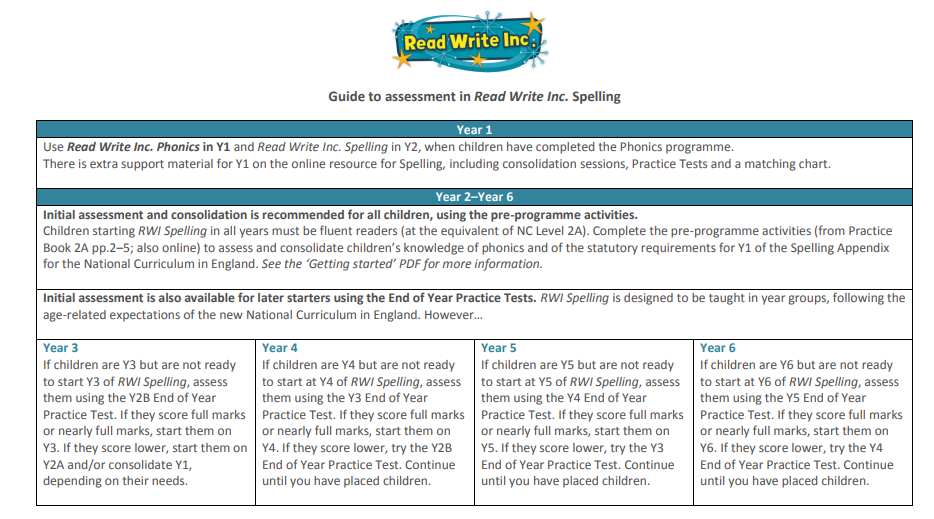Writing
Intent
Our writing curriculum is an ambitious curriculum. Books have been chosen to offer a complex and rich education. The curriculum enables all children to identify within the context of these books. The curriculum has a developed progression for the teaching of SPAG. The curriculum has been designed to ensure that SPAG skills match the focus genres efficiently. Focus genres show coherence and complexity and allow for optimal spaced retrieval.
Writing begins with a quality text taken from our list of texts, which can be found in the writing medium term plan. The texts are used as a stimulus for completing a range of writing tasks.
Our writing medium term plan details: the texts to be used, the writing genres that must be covered each half term and the learning objectives for that half term. Some of the genres are covered as “short-burst” episodes of writing. Each half term there is a focus genre where the teaching of the features of a specific genre is undertaken in depth. In addition, the opportunity is given for children to practise and deepen their understanding of a given genre. This process is explained in Teaching Sequence for Focus Genre. They write the focus genre three times: short-burst with basic scaffolding; a second write where the genre is explored, language features are taught, a high quality model exemplification text is used, and the genre is modelled and then shared-written before the child writes their own piece; a final attempt which is independently written with an opportunity to edit and improve. Editing and improving is supported by the document Editing and Improving – Child Version.
Implementation
Writing Skills Progression:
This document shows the progression of key skills that need to be taught. It gives teachers examples to support their planning. For a child to be judged as working at the expected standard, a pupil’s writing should convincingly meet all the bold statements within that standard.
Narrative Progression and Non-fiction Genre Progression
There are two separate documents – one that covers narrative and another that covers non-fiction genres. They establish the progression of language features that should be seen in a given genre at each year group.
Spelling:
Spelling is taught discretely every day from Year 2-6 using the RWI spell programme. This complements the RWI phonics programme. Children do not begin the RWI spell programme until they are fluent readers.
Spelling


Handwriting
Children are taught letter formation during the RWI phonics programme. In Years 1 and 2 the teaching of handwriting will be supported through the use of the Nelson Pupil books and workbooks. When teaching letter formation throughout the school, the RWI patters will be used to support this. From Year 1, handwriting will be taught discretely 3 times a week using the Nelson Pupil Books. The conflict between Nelson and RWI is the formation of the letter ‘k’ and ‘f’. For this, the RWI letter formation will be used.
